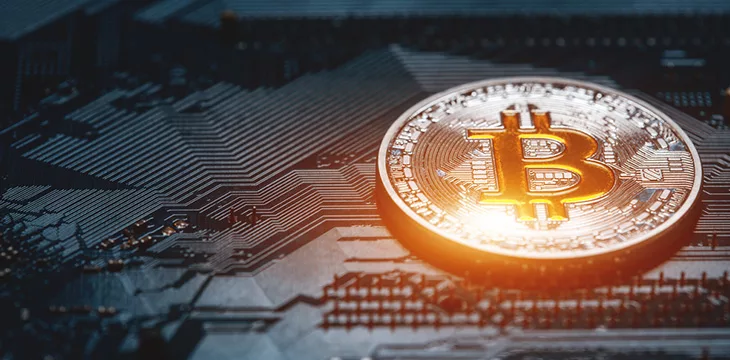|
Getting your Trinity Audio player ready...
|
This post originally appeared on ZeMing M. Gao’s website, and we republished with permission from the author. Read the full piece here.
“Do you prioritize low transaction fees for everyday use, or are you more concerned about security and decentralization?”
The above is a question I hear from people who are at least honest enough to acknowledge that BSV is more practical for everyday use due to its low transaction fees but nevertheless insist that BTC is superior due to its better security and decentralization.
These things are all important. But they are not mutually exclusive. People automatically assume a contradiction, largely due to the influence of the fallacious Bitcoin trilemma theory.
I tend to agree that BTC is currently more secure to a hash attack than BSV due to BTC’s much higher hash rate.
However, higher hash power is not intrinsic nor fundamental but emergent. It is a result of a higher coin price recognized by a speculative market. It is circular. Without an economic foundation, it can reverse quickly once the psychological support is removed.
Also, temporarily better hash security does not mean that BTC is more decentralized.
BTC is not decentralized
The concept of decentralization is multilayered and multifaceted.
BTC is centralized at the Core (a small group of core BTC developers) because the Core has the power to decide and manipulate the protocol.
BTC is also centralized at the user transaction level because there is no true P2P transaction.
BTC is further centralized in its ecosystem, both politically and economically, because it has succumbed to the powers of centralized exchanges in exchange for power to manipulate the market.
BTC is further socially centralized because its lack of scalability inherently restricts its adoption and utilization to a narrow sect of the economy and society.
The mining network of BTC is the only component that still largely remains true to the original Bitcoin PoW, which ensures the separation of interests and distribution of powers. This is still true despite BTC’s false narrative of “everyone is a node.” (It is amazing how the reality of a sound design of a system can survive even self-destructive forces.)
Ironically, it is the mining network of BTC that causes suspicion and draws criticism. People point to the fact that 80% of BTC network hash rate is now controlled by four miners, and assert that BTC is centralized, not knowing the less-than-ideal hash power distribution is the least serious aspect of BTC’s centralization problem.
But the real falsehood is camouflaged and hidden with remarkably high effectiveness due to cleverly social-engineered narratives.
Conditions for true decentralization
To achieve true decentralization, the following conditions must be met:
(1) a locked protocol that is not subject to changes and manipulations by a centralized group or organization.
(2) and IPv6-based transaction framework to ensure true Peer-to-Peer transactions.
(3) traded as a commodity through direct on-chain transactions (rather than through virtual accounts on a centralized exchange or a separate layer-2 network).
(4) unbounded scalability to ensure widespread adoption.
(5) genuine Proof-of-Work conducted on an open and economically competitive network of nodes.
If you have a clear aim of decentralization, it is not hard to find which blockchain is the most decentralized. It is not BTC. It is BSV (BitcoinSV) that is being built according to the original Satoshi vision.
Unfortunately, the falsity is likely to persist and won’t be exposed until the true Bitcoin lives the truth and manifests it with success.
Watch: On the very start of Bitcoin

 08-23-2025
08-23-2025 





